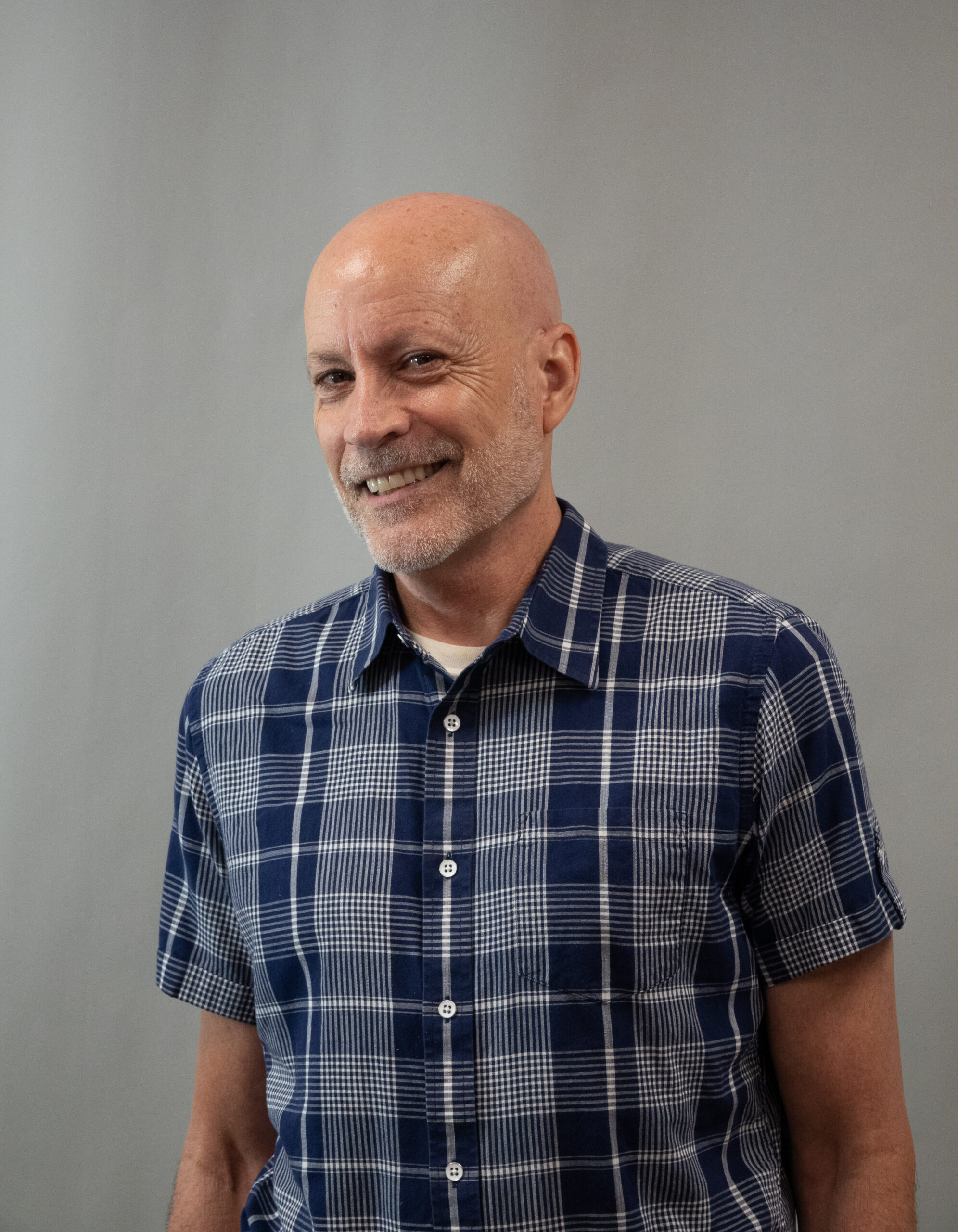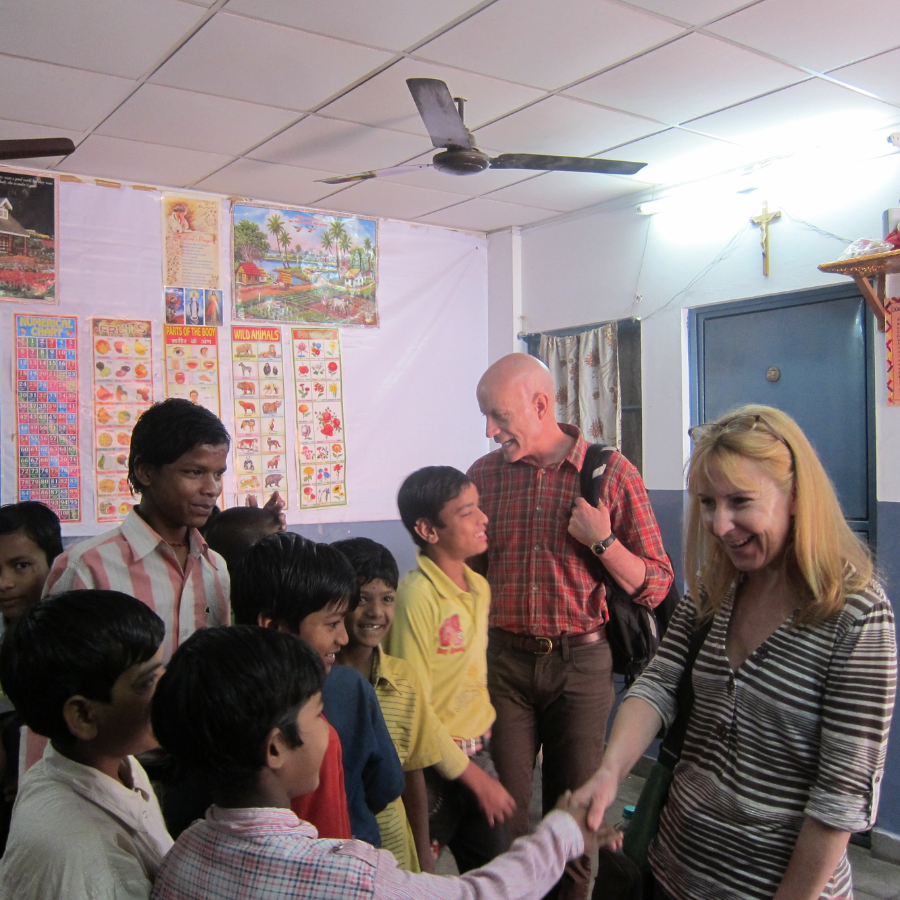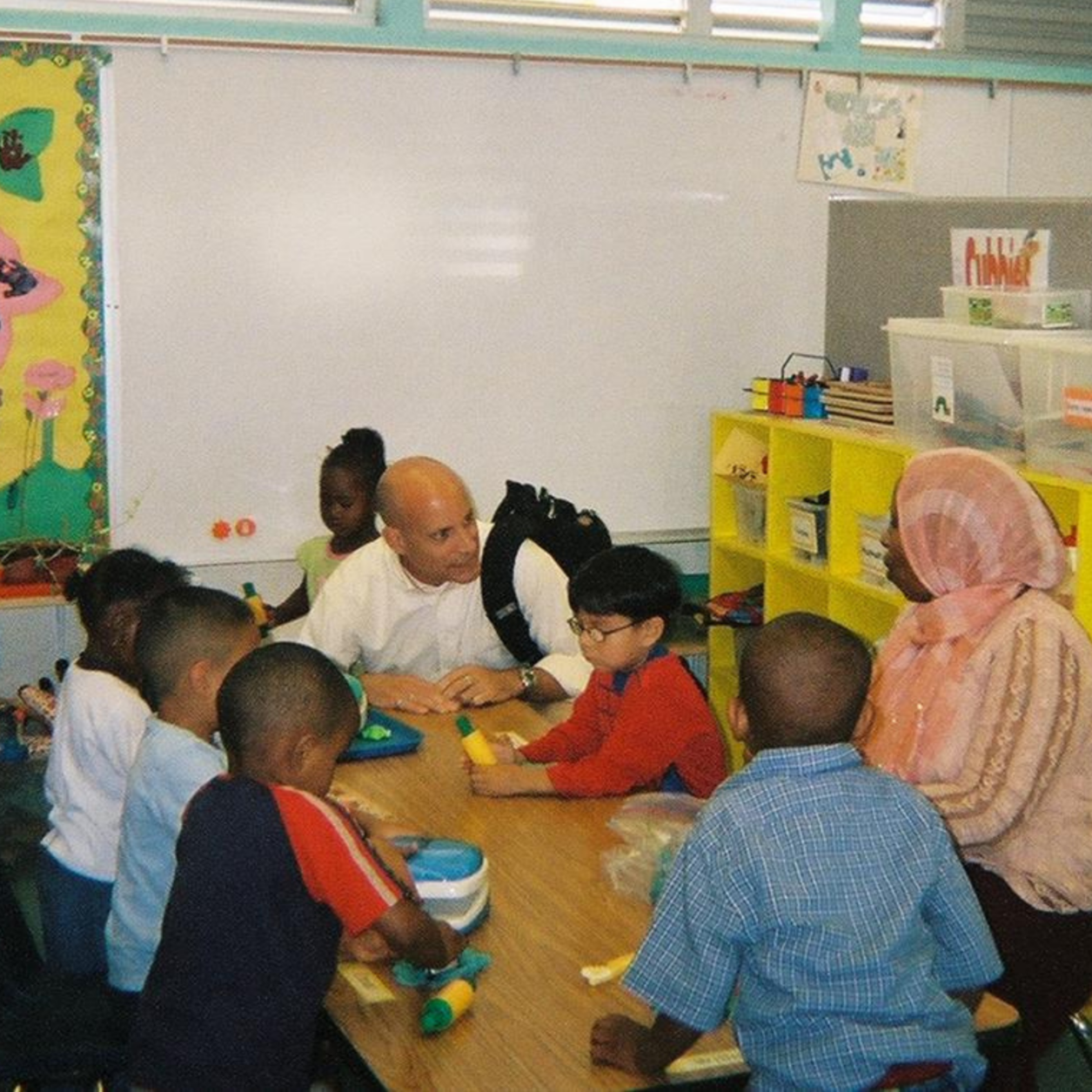 During the past 19 years, Dale Buscher, the Women’s Refugee Commission’s Vice President of Programs, has worked tirelessly to provide safety and hope to refugees and displaced people around the world. This week Dale will retire from his position at WRC—a bittersweet moment for the organization.
During the past 19 years, Dale Buscher, the Women’s Refugee Commission’s Vice President of Programs, has worked tirelessly to provide safety and hope to refugees and displaced people around the world. This week Dale will retire from his position at WRC—a bittersweet moment for the organization.
Dale’s work has been instrumental in developing and implementing programs that have influenced policies and practices that benefit refugee women and girls. His extensive contributions include: pioneering research exploring access to livelihoods for refugees; leading the first global research and guidance on the unique issues facing refugees with disabilities; and spearheading groundbreaking work to support the leadership of refugee youth.
We sat down with Dale to talk about his experiences working on behalf of refugees, the things he’s learned over the years, his hopes for displaced people, and his plans for the future.
What motivated you to dedicate your career to working on behalf of refugees and their rights?
I became aware of the refugee issue when I was a Peace Corps volunteer in the Philippines in the mid-1980s, at a time when the country was hosting two large camps for refugees who had escaped from Vietnam. The Peace Corps also ignited in me a desire to work cross-culturally. After the Peace Corps, I wanted to continue working with people from other cultures and backgrounds. So, when I returned to the United States, I was very intentional about looking for work with refugees who were being resettled in the US. I was hired to manage a long-term foster care program for 250 unaccompanied refugee minors in Minnesota. That experience made me want to continue working with refugee populations and led me back overseas to do so. Initially, I worked with Vietnamese boat people in a refugee camp in the Philippines. I then went on to Guantanamo Bay to work with Haitians interned there and subsequently to Iraq, Croatia, Albania, Kosovo, Pakistan, and Afghanistan before landing in Geneva to consult with UNHCR, the UN Refugee Agency.
What is the experience as part of WRC that has had the greatest influence on you?

The most influential experience I’ve had has been the opportunity to creatively address and try to add value and responses to pressing refugee problems.
This has included listening to and learning from refugees all over the world and not only hearing their proposed responses and solutions but also witnessing their incredible resilience in the face of such hardship.
How has the situation for refugee women and girls globally evolved in your time working for WRC?

All humanitarians now understand that conflict and displacement impact women and girls differently than they do men and boys. Women and girls are now more likely to have their voices heard and have programs tailored to their unique needs and priorities. Sexual and reproductive health services and gender-based violence prevention and response programs are now part and parcel of humanitarian response. There is more attention to women’s economic empowerment and girls’ education. There is more focus on protection. However, there is still a long way to go. We need to unpack how intersectional identities facilitate or impede access to decision-making, resources, and services. We need to understand the root causes and drivers of things like sexual violence and child marriage and work with local women’s groups to bring about the change they want in their own communities. We need additional emphasis on engaging men and boys to be champions of gender equality.
What has surprised you the most in your work on behalf of refugee rights?
What has surprised me most has been the resilience and steadfast determination of refugees to survive and rebuild their lives despite incredible odds and doing so with minimal support.
At WRC we say we want to create a better world for refugee women and girls. What are your hopes for the future for refugee women and girls?
My hopes are that refugee women and girls have the same opportunities that we all have or want—to fulfill their dreams, to thrive, to use their skills, expertise, and capacities to create the lives they want for themselves.
Now that you are moving on from WRC, what’s next?
I plan to do some creative writing, re-learn the saxophone, and take pottery classes again. I want to spend more time biking and playing pickleball. But I also hope to do a bit of consulting to keep up my engagement with refugees.

